The Northern Lights are an atmospheric phenomenon that you must see in your lifetime. Northern Lights is the common term, but I prefer to call it the Aurora Borealis. It’s Latin for “Dawn of the North.” However, it was Italian astronomer Galileo Galilei who coined the name “aurora borealis” in 1619 after the Roman goddess of dawn, Aurora, and the Greek god of the north wind, Boreas. The earliest suspected record of the northern lights is in a 30,000-year-old cave painting in France.
There are three key ingredients that you need in order to see the Aurora Borealis.
- Weather- needs to clear of cloud coverage or rain.
- Darkness. Jet black sky, and the later, the better. After midnight & away from city lights is best.
- An active solar activity
An Aurora tip! If your schedule is flexible, the solar activity & solar storms can be predicted 15 days out. The best viewing time is between the months of September to April. Also another option is to schedule your travel in March & September when the equinoxes occur, which is a great time to see the northern lights.
Great destinations to see the Northern Lights!
Some of the hot destinations that are being visited this summer are three of my favorites & perfect for viewing the northern lights in the Fall. I’ve visited two out of the three.
- Iceland – If you follow any of the travel bloggers/content creators, you’ll see lots of content on Iceland. September to April is the best time to see the lights in Iceland because there are only four to five hours of daylight. Chances are great to see them, and lots of places in Iceland are somewhat remote.
- Norway- Another hot location this summer that can be seen by land or by sea is Norway. If you are interested in going in the wintertime, be prepared, it can be bitterly cold! In the northern part of Norway is a lovely town called Tromsø that has a Northern Lights Festival in January.
- Alaska – the 49th state, is near and dear to my heart because I lived there for a couple of years. Fairbanks is the best location to see the Northern Lights due to its location in the interior of Alaska. Anywhere above the Arctic Circle is a great place to catch the lights. I lived in southeast Juneau and was there for two winters, so was able to experience the lights in the wintertime. A great resource to check out when traveling in Alaska is: https://www.gi.alaska.edu/monitors/aurora-forecast
If you can handle the cold temperatures, November, December, or January is the best bet for viewing the northern lights. Where to stay in these locations is entirely what’s best for you, but there are short-term rentals that you could rent on VRBO or AirBNB. If you’re going to see the Northern Lights, I suggest you look for a cabin or a location out and away from the city. You will be able to see the lights almost every night, depending on the sky’s activity. Good luck, and if you need help booking a trip to see the Aurora Borealis, reach out! www.travelcharlee.com
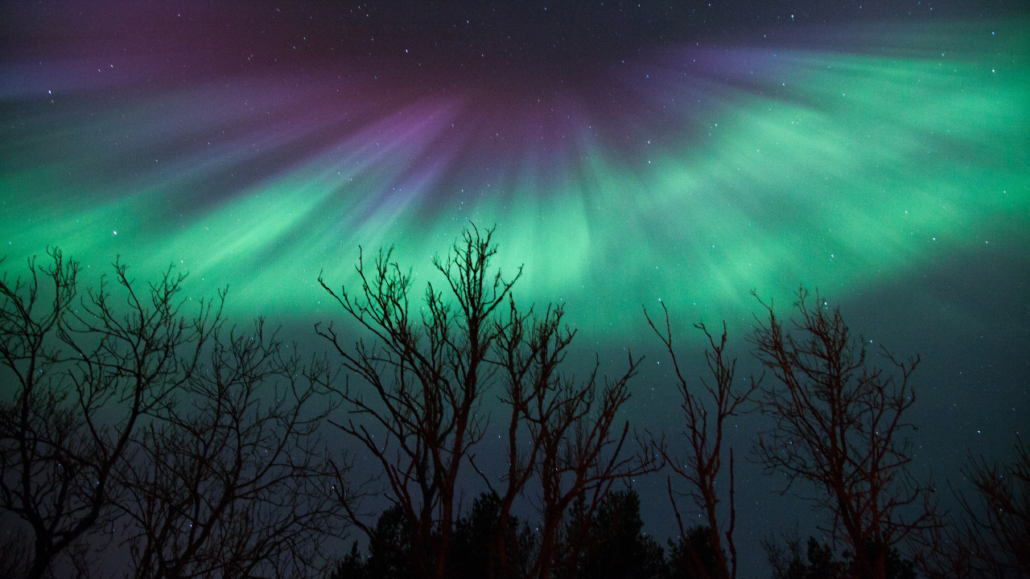
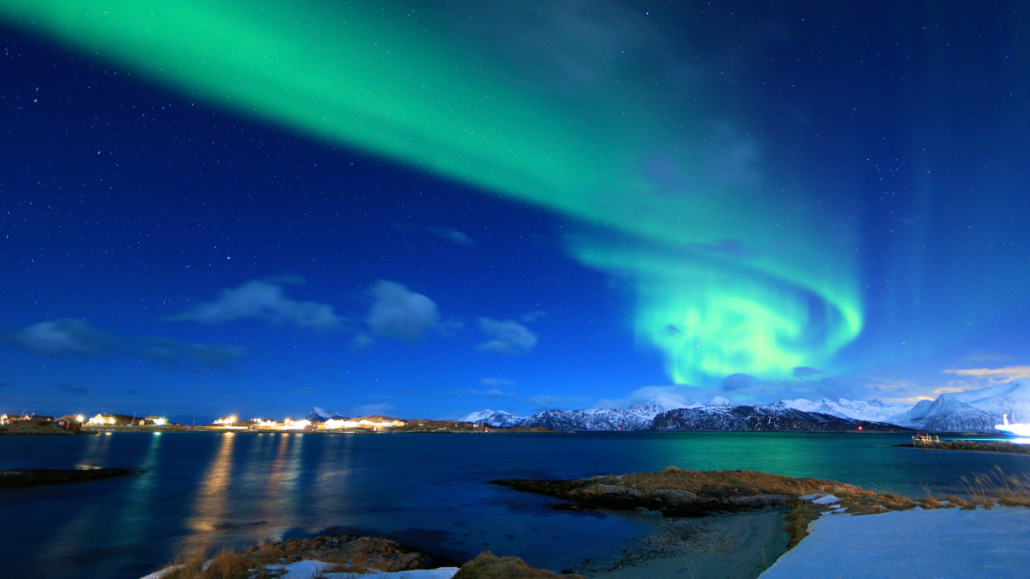
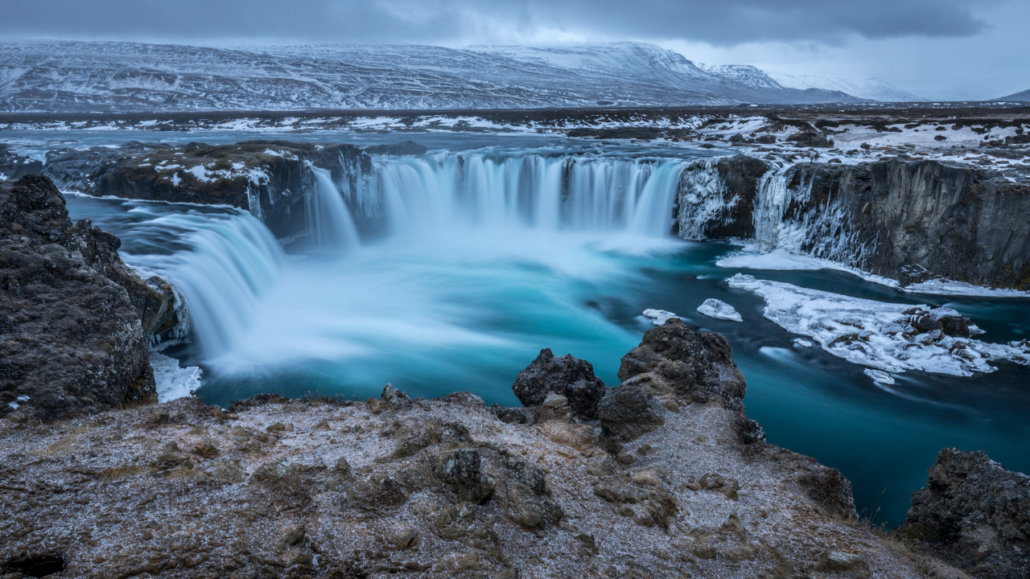
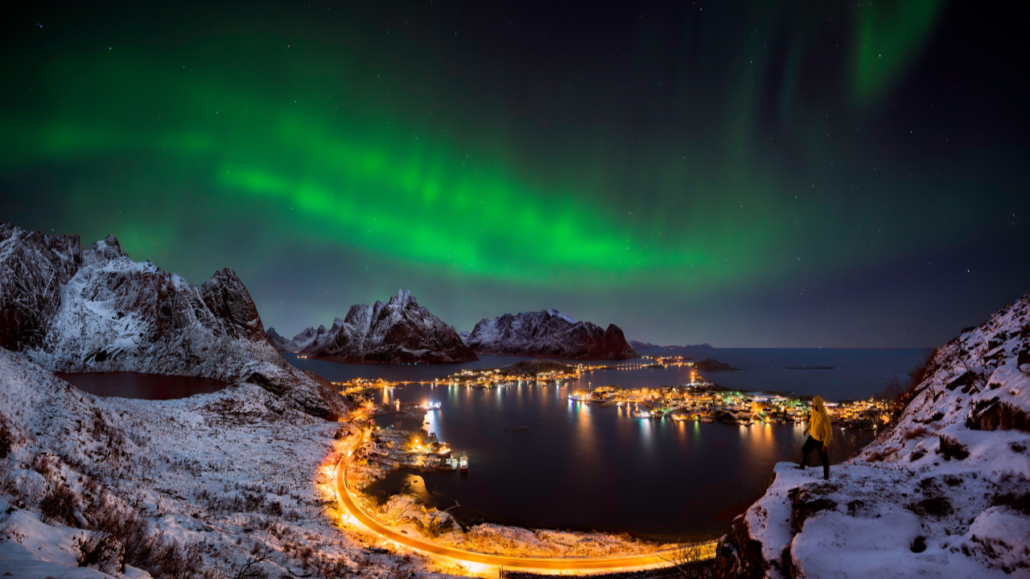
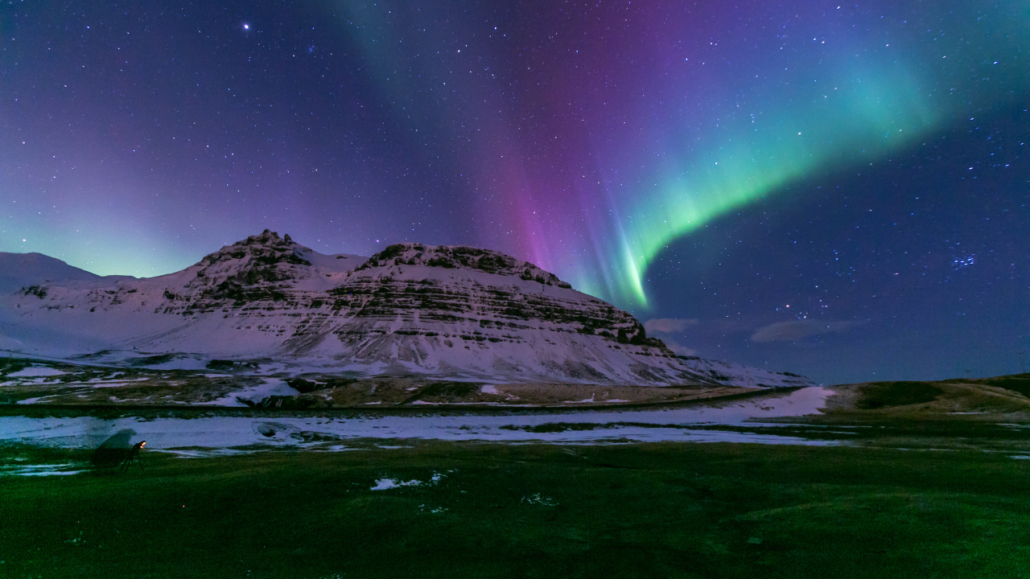
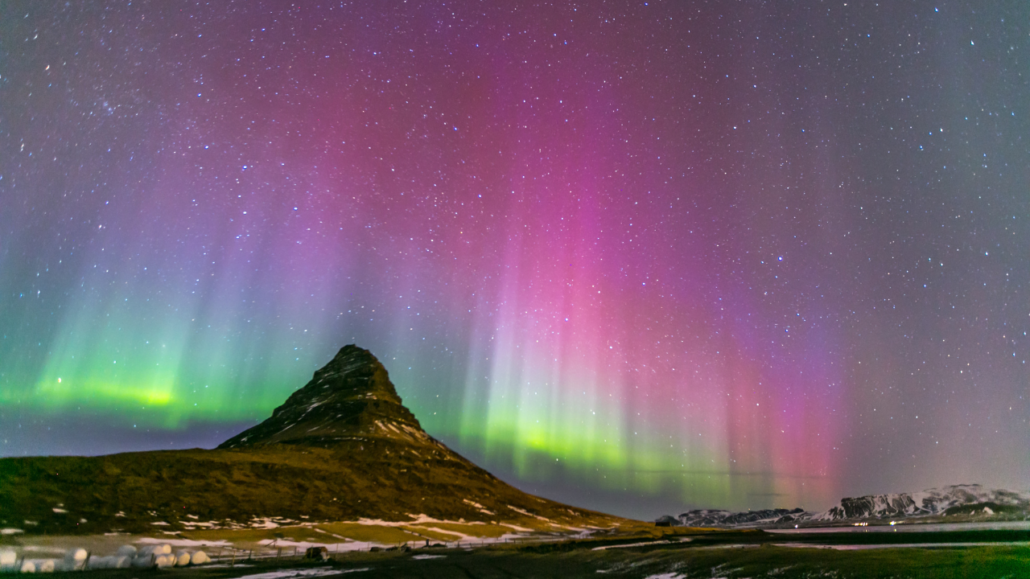
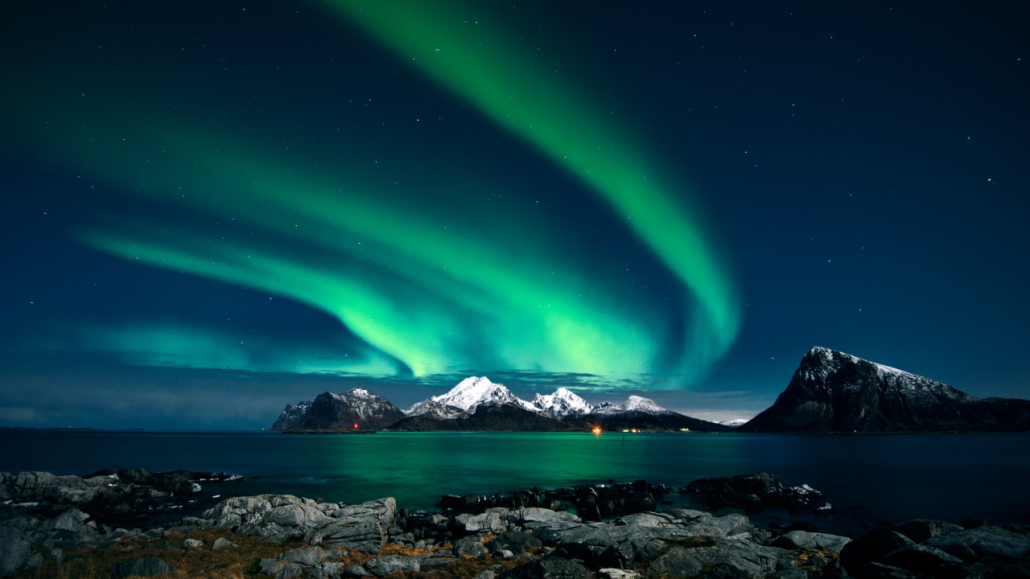
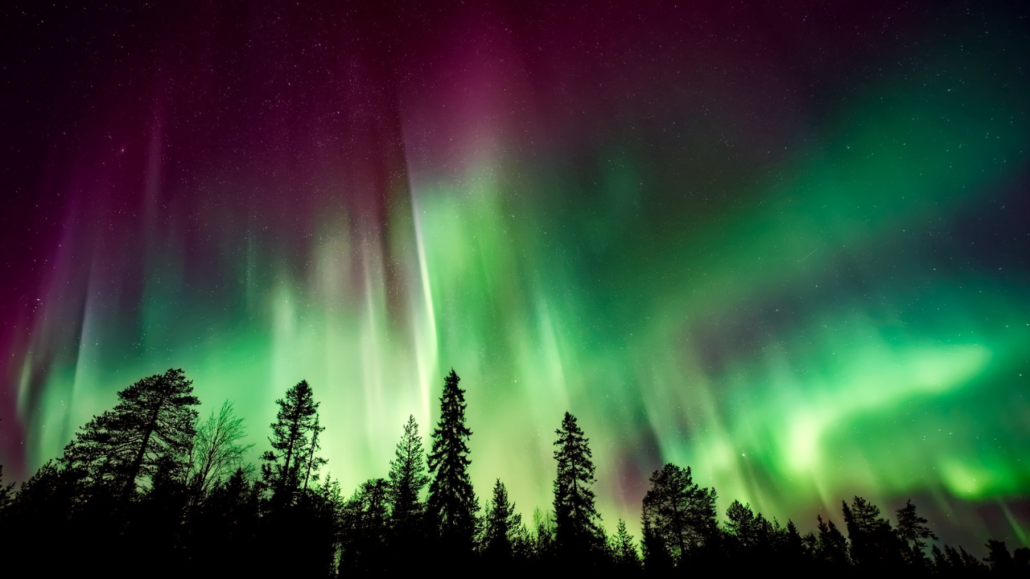
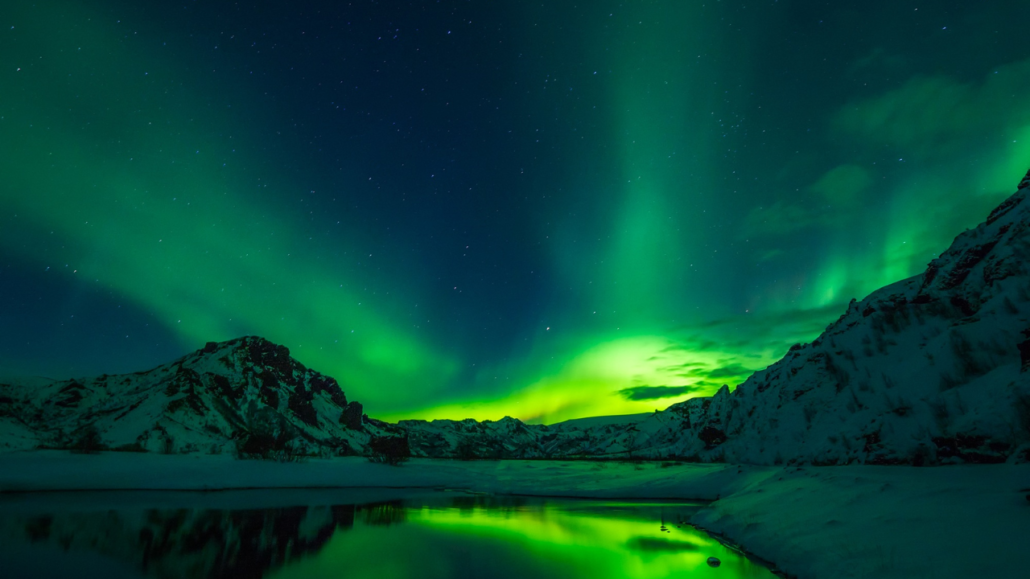
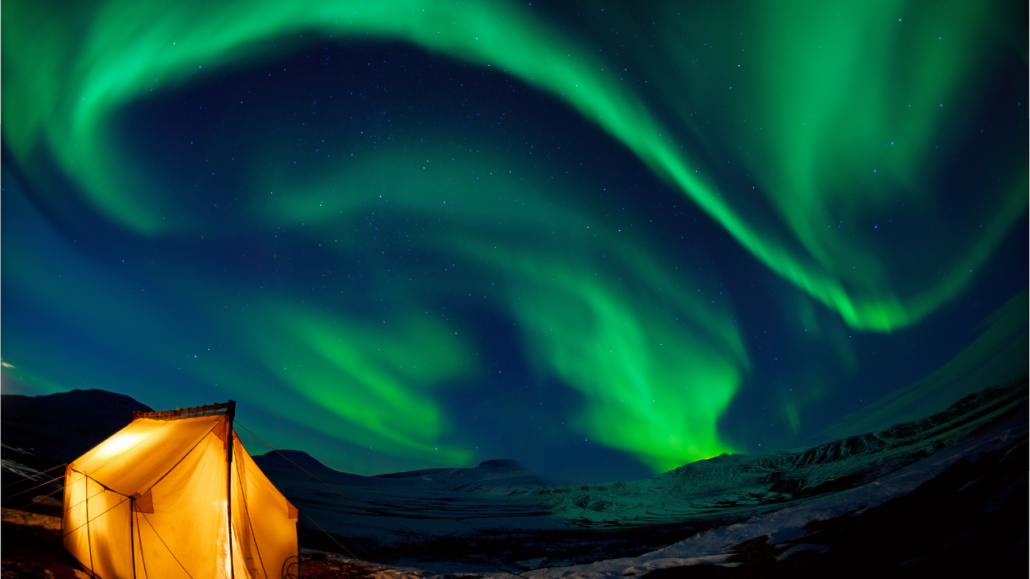

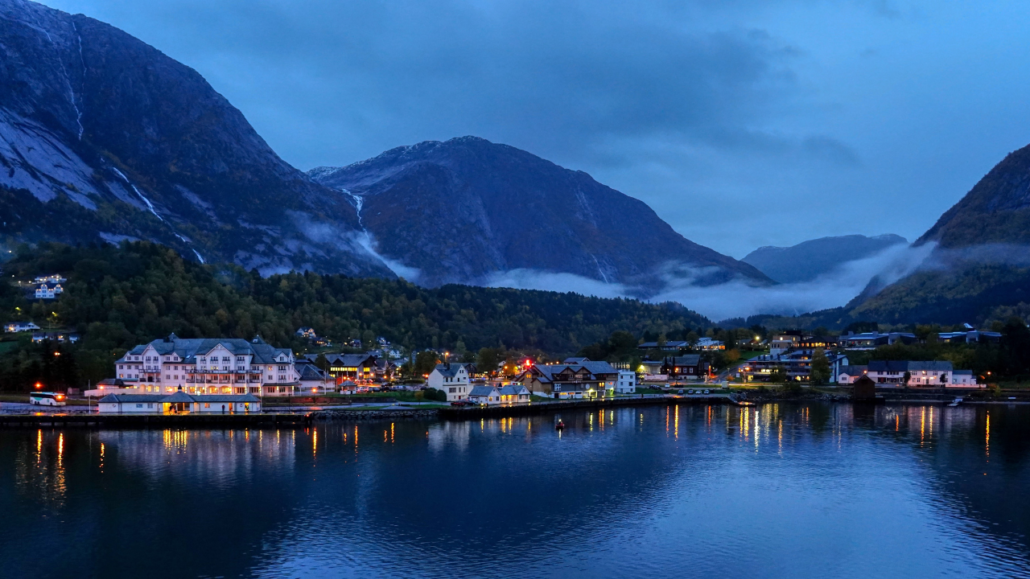
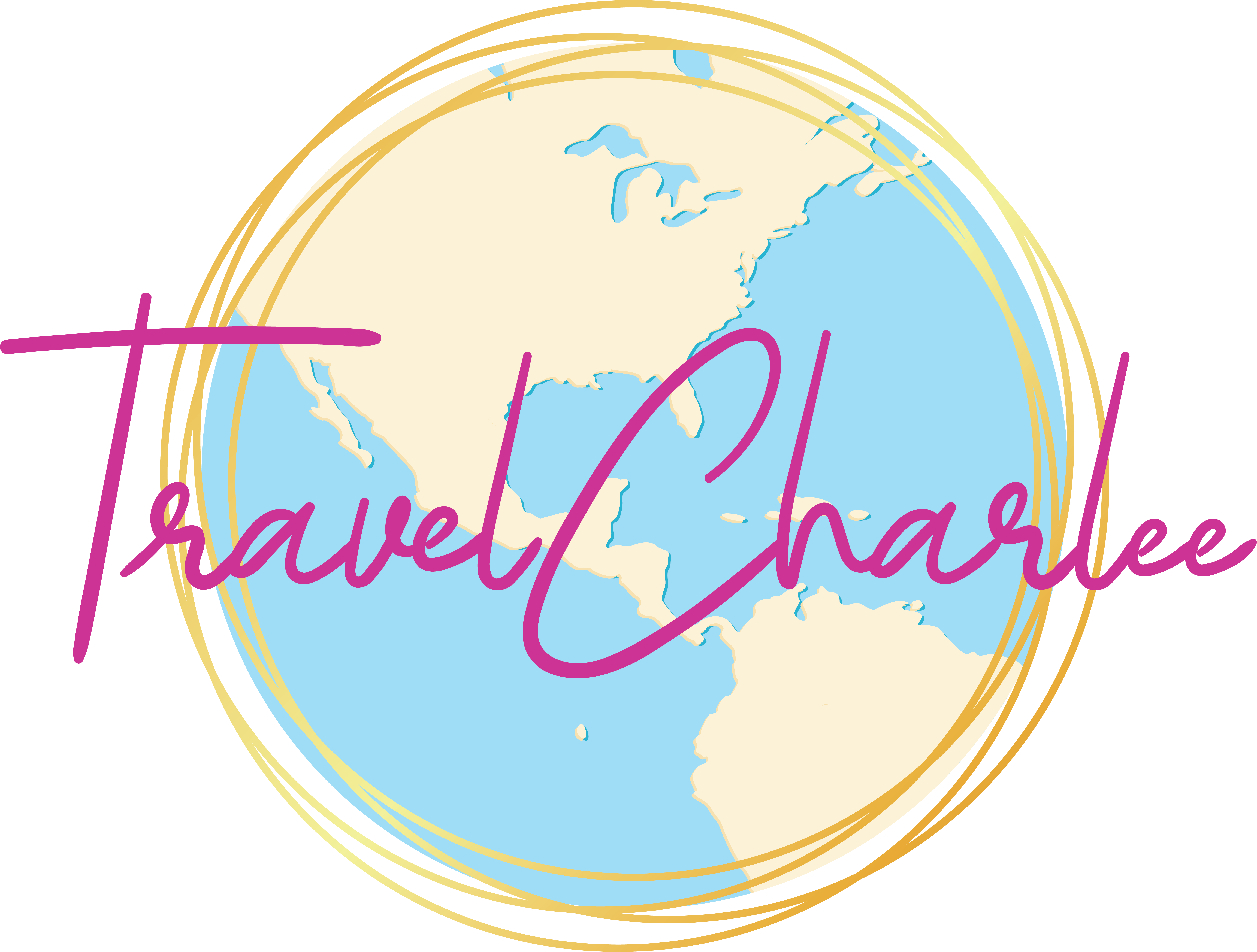
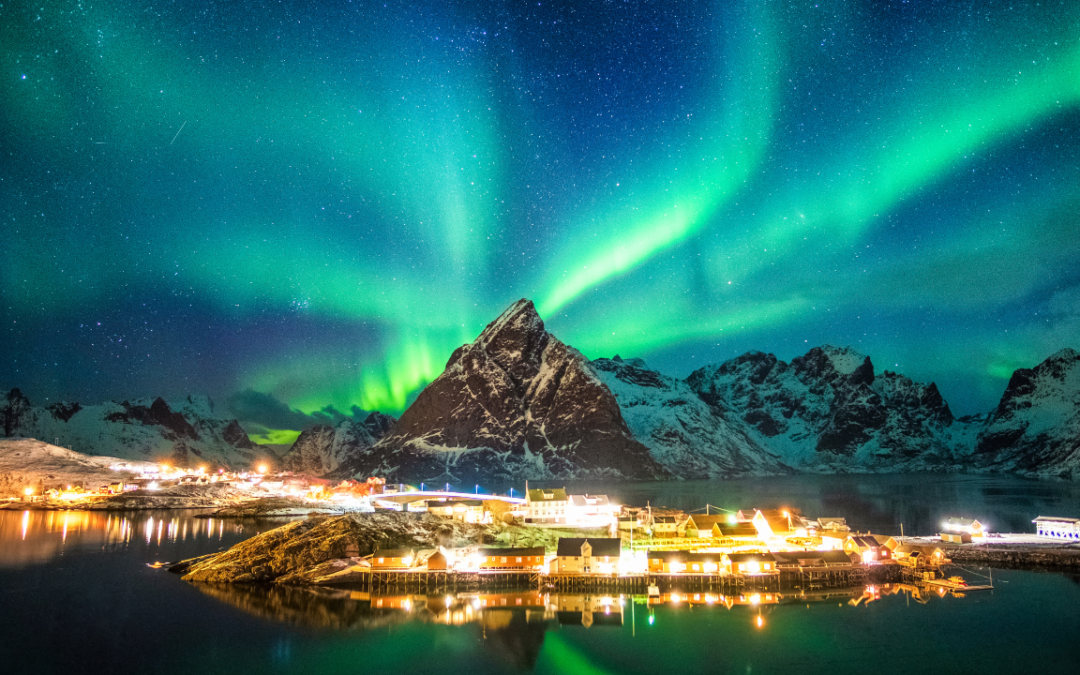
Trackbacks/Pingbacks